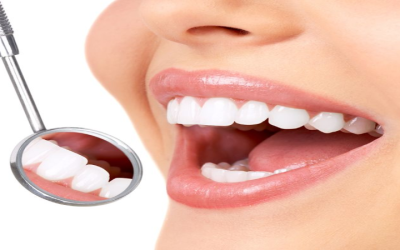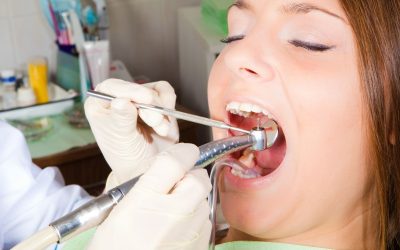Immediately after brushing, a thin, unrecognizable film forms on the surface of the teeth. However, this is not harmful but plays an important role in the protection of the tooth from aggressive acids from the person’s diet. It also ensures the storage of important minerals in the enamel, something dentists call “remineralization.”
This thin film contributes to the health of the teeth. This is not true for plaque, another film that forms on the teeth. Only when a large number of different bacteria from the oral flora accumulate and form acids in the initially bacteria-free area, does the process of plaque formation begin. Because of this, bi-annual visits to a Dentist in Smyrna TN is needed.
Good bacteria, harmful bacteria
Bacteria are inherently an integral part of the healthy oral flora. They are essential for healthy gums and teeth. However, there are also harmful bacteria that form plaque as they accumulate on the tooth surfaces and gum line.
The hard-to-reach places in the mouth include, for example, the interdental spaces and the so-called fissures, the notches on the chewing surfaces of teeth. In addition, dental plaque can also form on the tooth necks. Incidentally, not only are natural teeth susceptible to plaque: dental plaque can also spread to dentures and braces.
The careful care of dentures is just as important as that of a person’s real teeth since otherwise plaque can spread from there to adjacent teeth. Seek care from a reliable Dentist in Smyrna TN if you think plaque could be a problem.
Plaque causes tartar
Tartar is formed from a bacterial plaque that hardens due to the accumulation of minerals from the saliva: calculus is otherwise known as hardened plaque. In addition, the rough surface of one layer of plaque favors further plaque layers and is also responsible for the development of gingivitis. Tartar can only be removed by the dentist.
In addition, the person’s entire oral health is at risk with the formation of plaque and tartar. Because with time, these deposits not only form bad breath, they also form a breeding ground for decaying bacteria. Therefore, the less plaque that can form, the lower the risk of dental disease. Visit website for more details.


